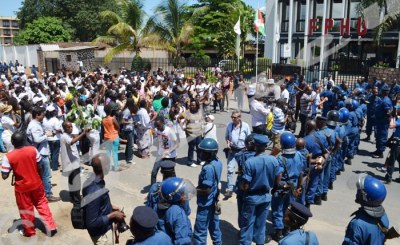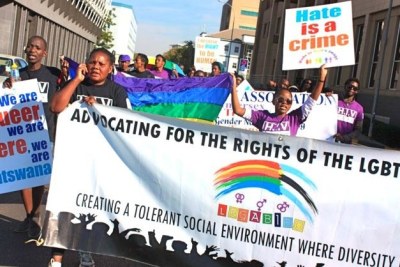-
Africa: 10 Positive Developments in Africa 2014-2015
Freedom House, 22 May 2015
Freedom House highlights 10 victories for human rights and democracy that took place across the continent over the past year. Read more »
10 Positive Developments in Africa 2014-2015
Highlights of 10 victories for human rights and democracy that took place across the continent over the past year.
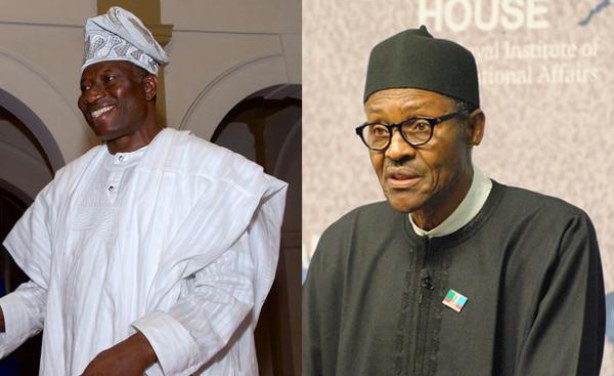
1. Peaceful transfer of power in Nigeria. In late March, after a six-week delay attributed to security concerns and technical problems, nearly 30 million Nigerian voters turned out to choose between incumbent president Goodluck Jonathan and his challenger, former military leader Muhammadu Buhari. Buhari ultimately won by more than 2.5 million votes, becoming the first presidential candidate to unseat an incumbent in Nigeria’s history. President Jonathan graciously conceded defeat and publicly wished the new president-elect success. Nigeria’s peaceful transfer of power set an important precedent for other African leaders who are facing their own electoral contests.
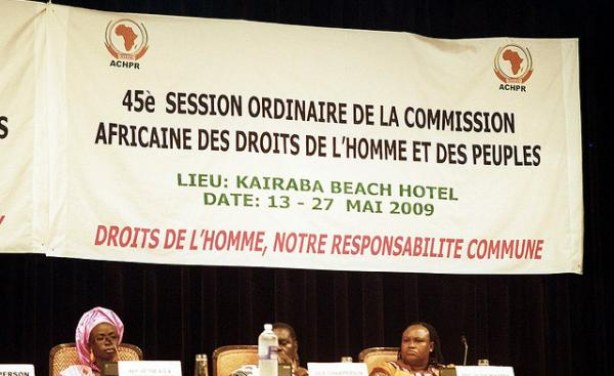
2. African Commission ruling against torture in Sudan. In a much-anticipated ruling, the African Commission on Human and Peoples’ Rights (ACHPR) in February declared that the Sudanese government must investigate and prosecute members of the National Intelligence and Security Services (NISS) who have been implicated in the torture of three prominent human rights activists. The activists, Osman Hummeida, Amir Suliman, and Monim Elgak, filed their petition with the ACHPR in 2009 after it became clear that they would not obtain justice without outside intervention. Although it is far from certain that Sudan will respond adequately, the African Commission’s decision publicly recognized the hostile conditions faced by activists in the country, and demonstrated the African Union entity’s commitment to combating torture and providing remedies for victims.
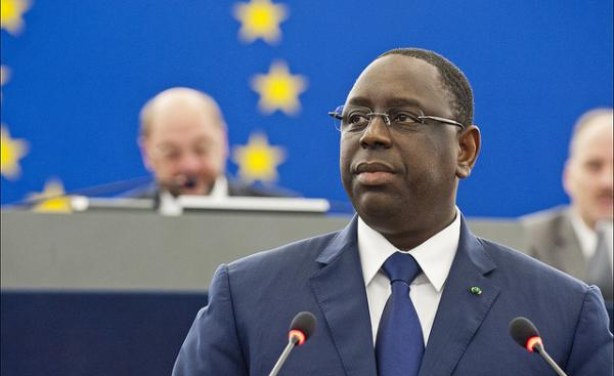
3. Plan for shorter presidential terms in Senegal. In a region where some leaders are risking violence and instability with their efforts to stay in power, Senegalese president Macky Sall made headlines when he announced plans to actually reduce presidential terms. He said in March that he would hold a referendum in mid-2016 with the aim of cutting the presidential term from seven to five years. Sall’s predecessor, Abdoulaye Wade, had overseen an increase in the term from five to seven years, and then tried to extend his tenure by running for an unconstitutional third term in 2012. Sall said he hoped the new proposal would set an example for other leaders and demonstrate that “power is not an end in itself.”
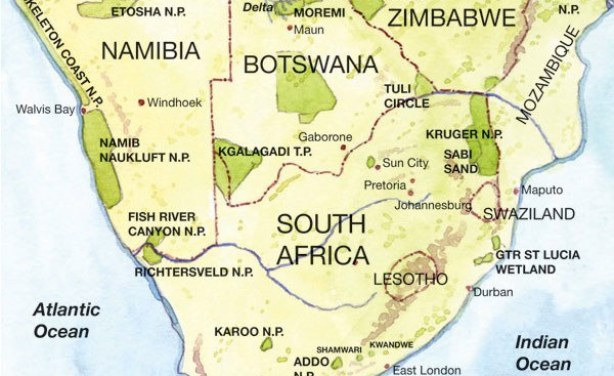
4. Successful regional intervention in Lesotho. Following an attempted coup in Lesotho in August 2014 and the flight of the prime minister, the Southern African Development Community (SADC) authorized South Africa to assist the small kingdom’s leaders in resolving political tensions, reopening the parliament, and stabilizing the security situation. With help from South Africa, Namibia, and Zimbabwe, Lesotho was able to hold a free and fair election in February 2015. While the new government remains fragile, the rapid and successful SADC intervention demonstrated that African states can join forces to restore democratic order and protect citizens in their neighborhood.
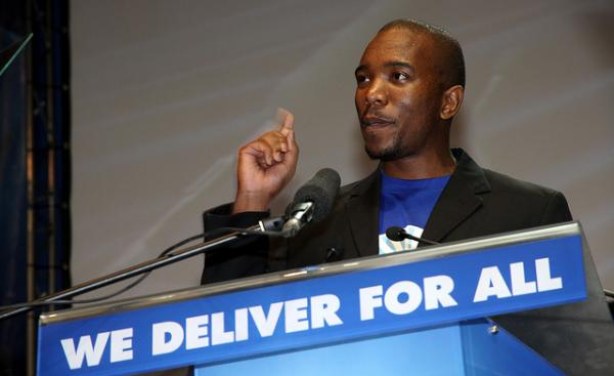
5. A more diverse opposition party in South Africa The Democratic Alliance (DA), South Africa’s largest opposition party, elected Mmusi Maimane as its first black leader this month. His victory signals a weakening of racial politics in South Africa as the DA attempts to broaden its support and shed its increasingly unfair reputation as a “white party.” This will be crucial if the party is to win major cities in 2016 municipal elections and eventually challenge the African National Congress party, which has ruled without interruption since the end of apartheid in 1994. The DA obtained 22 percent of the national vote in the country’s 2014 elections.
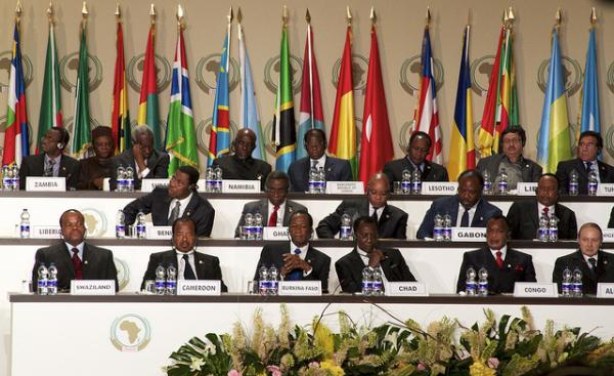
6. Justice for abuses under Chad’s former dictator. In March, the Chadian courts convicted 20 top officials from the regime of former dictator Hissène Habré of war crimes and torture. The move was the first of its kind since Habré was overthrown in 1990 by current president Idriss Déby, and was applauded as a sign of progress toward reconciliation and justice for victims of torture and ethnic cleansing. The judgement included approximately $125 million in damages to 7,000 victims and the construction of a monument dedicated to those who died. Habré himself is expected to appear before a special court created by the African Union and Senegal later this year; he had lived in exile in Senegal since his ouster.
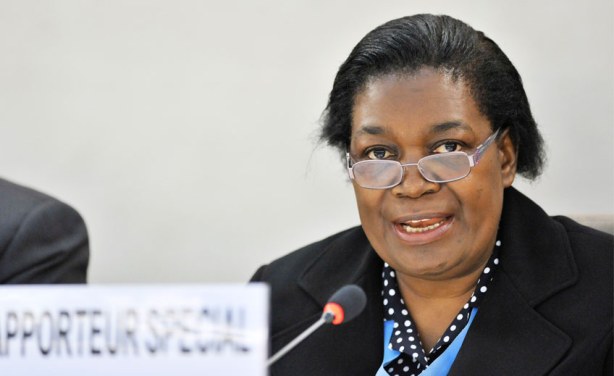
7. Pushback from Kenyan civil society on an undemocratic security law. Kenya’s Security Laws (Amendment) Act, passed in December 2014, sought to expand state control over the media, legalize extended detention of terrorism suspects without trial, and limit refugee rights, among other provisions. However, recognizing the danger it posed to democracy, Kenyan civil society and the political opposition swiftly challenged the legislation with a constitutional petition to the High Court. In February, the court declared eight clauses of the law unconstitutional, blocking many of its worst components.
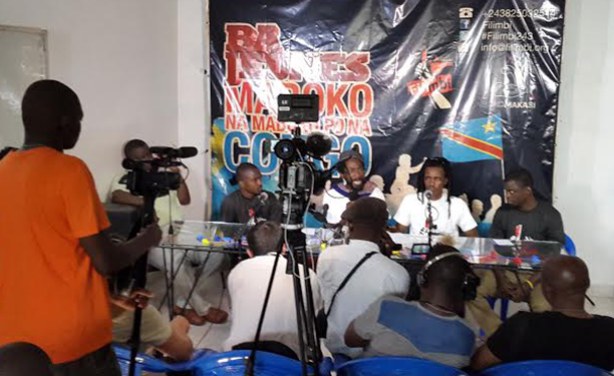
8. Rise of prodemocracy youth movement in DRC. Motivated by the success of their counterparts in Senegal and Burkina Faso, youth activists across the Democratic Republic of Congo (DRC) initiated mass protests in January against proposed legislation that could delay the 2016 elections and extend President Joseph Kabila’s mandate. The prodemocracy movement has persisted despite government reprisals, including a raid in March that broke up a two-day conference in Kinshasa focused on youth mobilization and civic engagement.
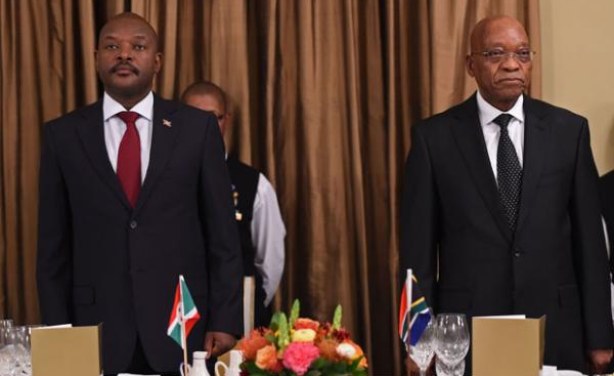
9. Strong regional response to crisis in Burundi. East African leaders have publicly held Burundian president Pierre Nkurunziza to account for announcing that he would seek an unconstitutional third presidential term. Tanzanian president and East African Community (EAC) chairman Jakaya Kikwete had already called for Nkurunziza to abide by the terms of the Arusha Accords, which limited Burundian leaders to two terms in office. And after weeks of opposition protests and a failed military coup, Kenyan president Uhuru Kenyatta and African Union Commission Chairperson Nkosazana Dlamini-Zuma both urged the postponement of Burundi’s June presidential election in order to guarantee a “conducive environment.” These comments represented a break from African leaders’ traditional reluctance to openly question antidemocratic behavior or human rights abuses by their peers.
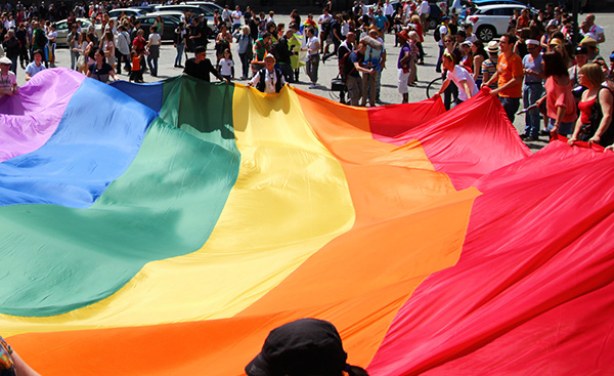
10. Pan-African solidarity on human rights for LGBT people. Although LGBT people continue to face severe discrimination in much of Africa, there is growing solidarity on the issue among the continent’s human rights activists. In early 2015, human rights groups and national human rights institutions from 13 countries met in Lomé, Togo, to pass the Lomé Declaration—one of Africa’s largest LGBT rights frameworks. Building on momentum created by a 2014 ACHPR resolution condemning violence based on sexual orientation or gender identity, the declaration provides recommendations to African Union members to increase government awareness on LGBT issues, ensure that domestic legislation meets international standards, and support national rights institutions in their defense of the human rights of all citizens.
InFocus
-
A Botswana court decision to allow the registration of a lesbian, gay, bisexual, and transgender (LGBT) rights organization is an important human rights victory for the people of ... Read more »
